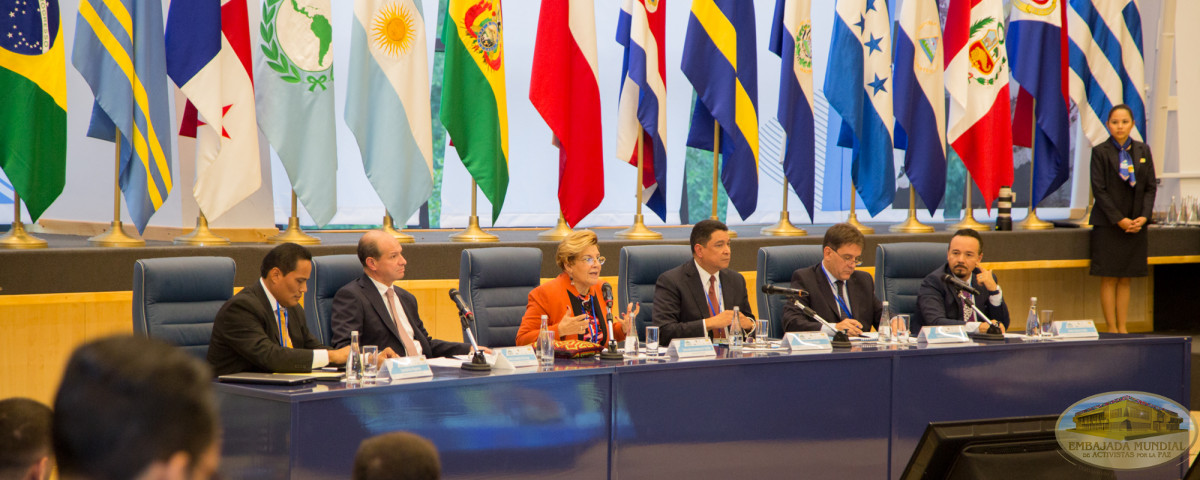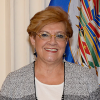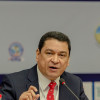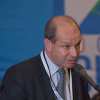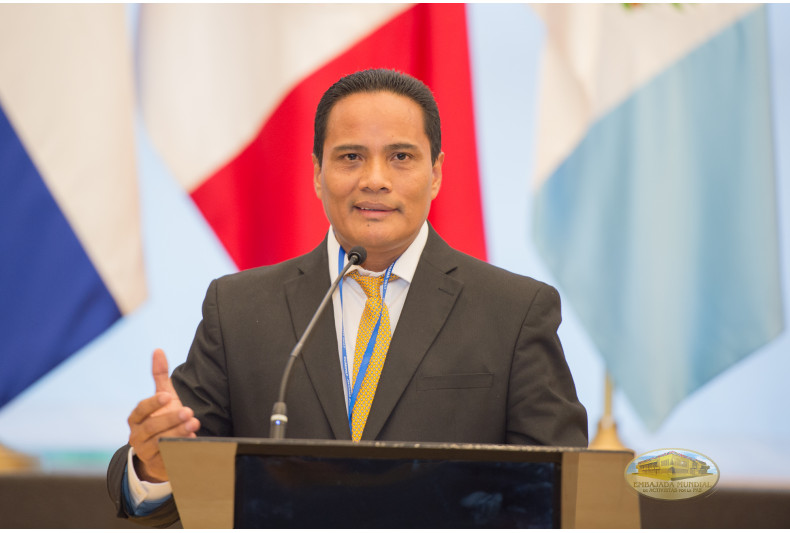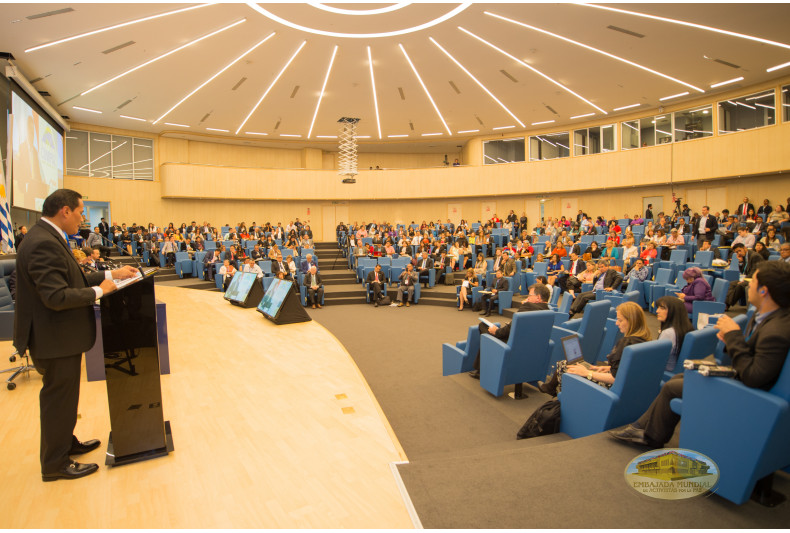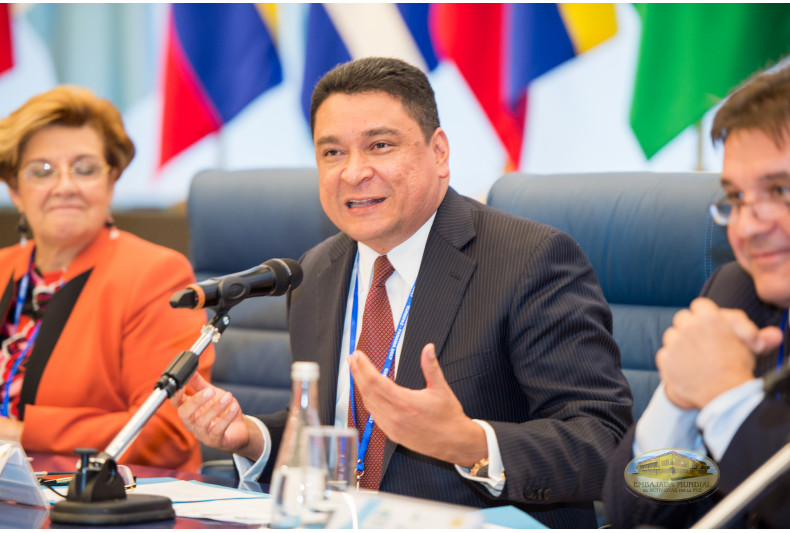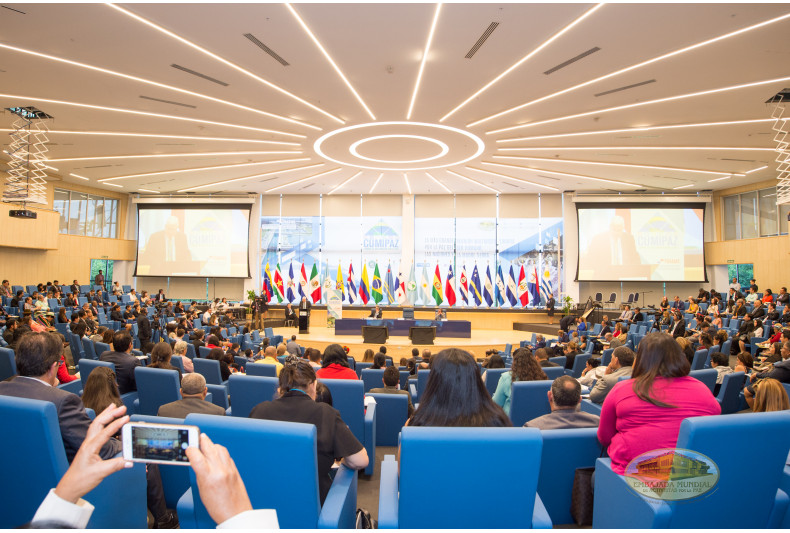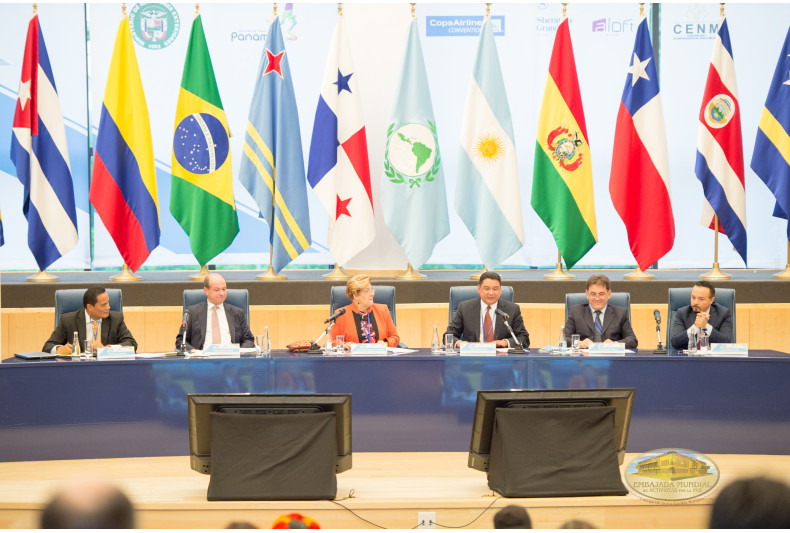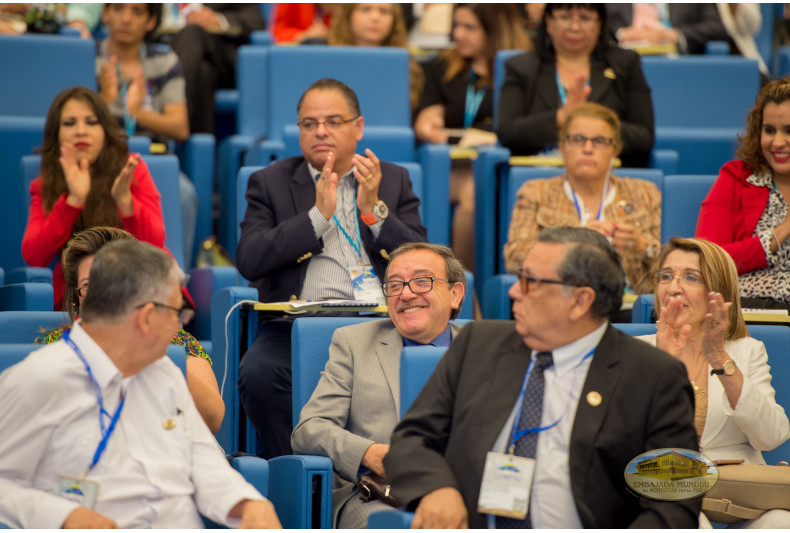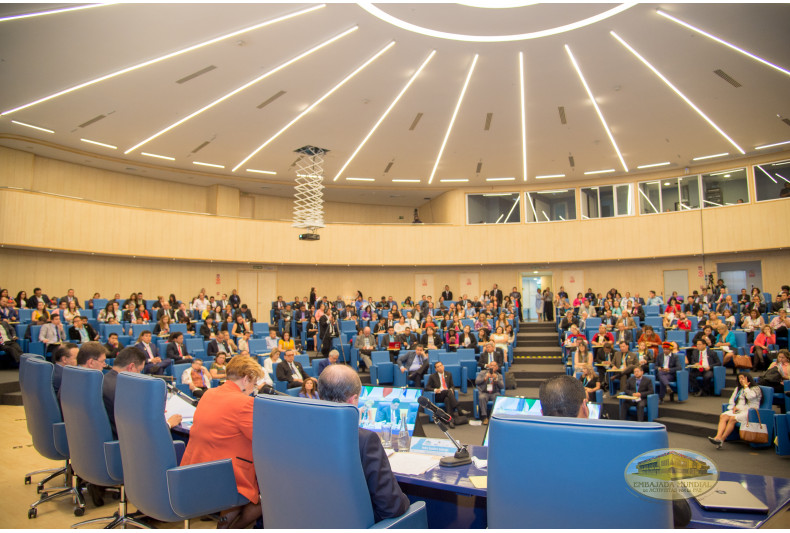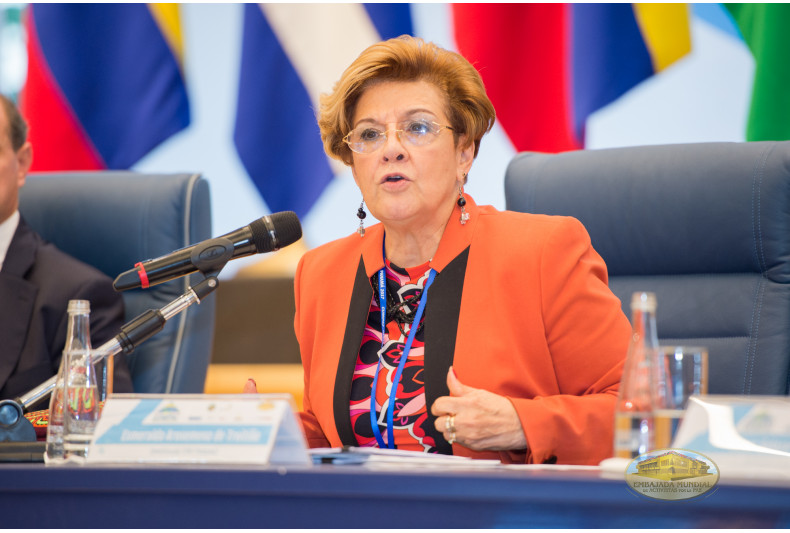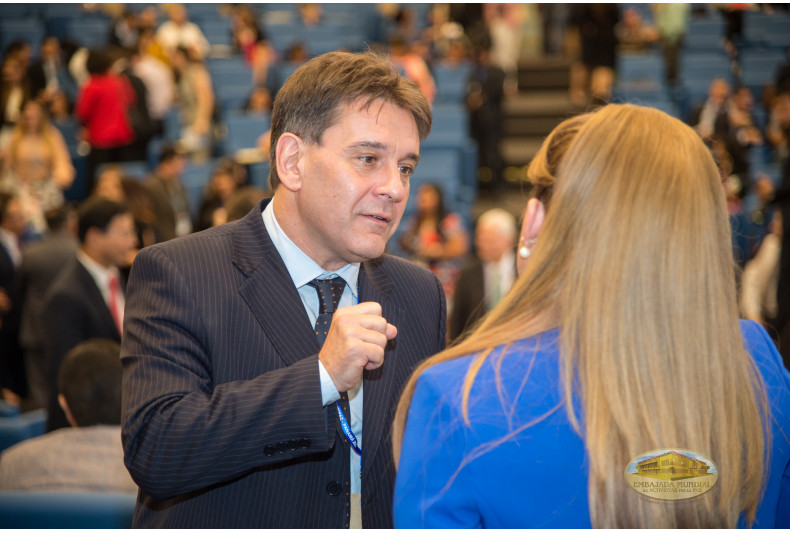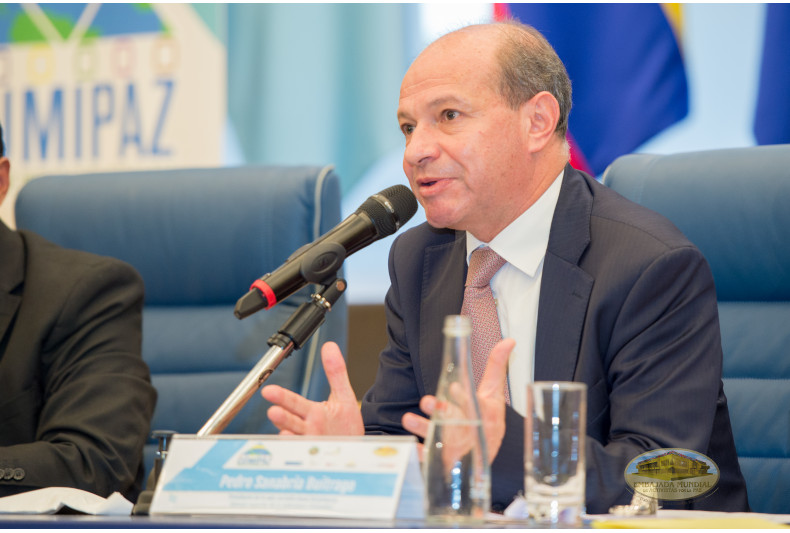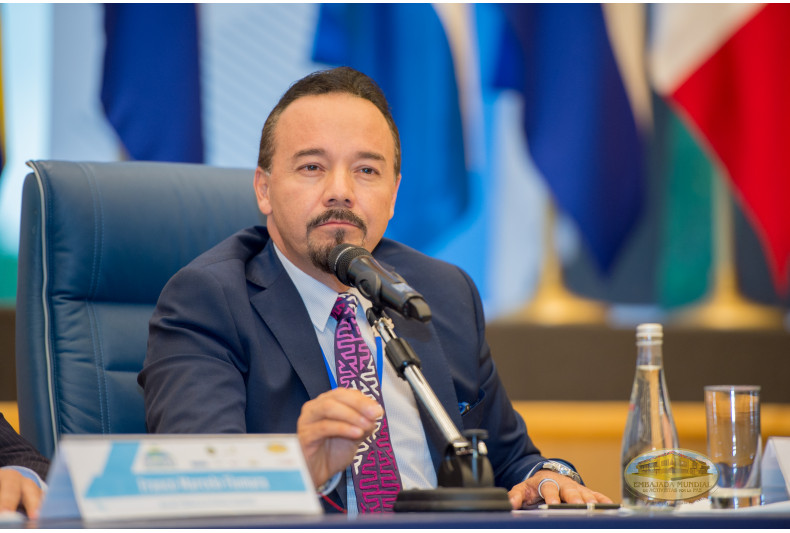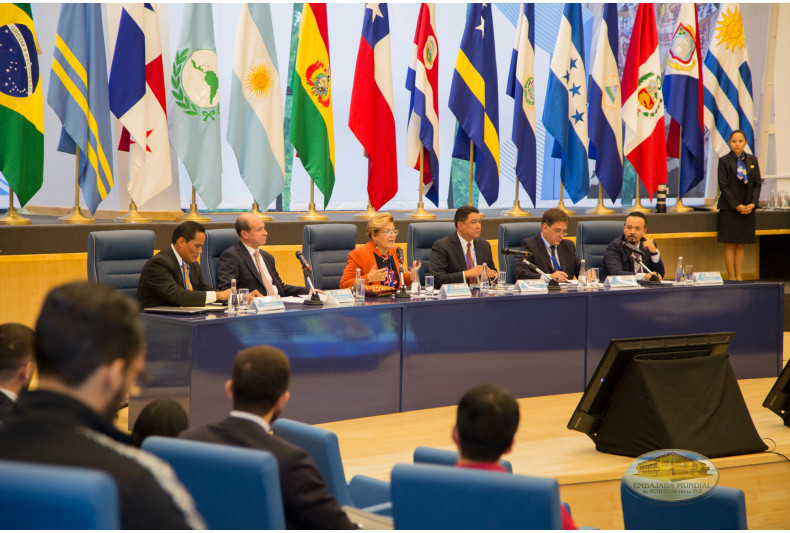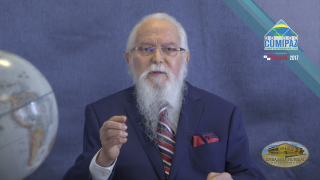International Crimes: A Challenge of Universal Justice
See GalleryAuthorities of the judicial branch of Panama, El Salvador, Mexico, Colombia and Argentina participated in judicial session of international summit
In the second panel of the Justice and Democracy Session of CUMIPAZ 2017-Panama, specialists in the judicial area developed the theme "Effectiveness of universal and national justice, as well as the recognition and respect of dignity and human rights."
"The development, progress of humanity and entire nations make us soldiers for the peace of our world. We all want to achieve. not only an individual but a collective welfare, "he said.
Arosemena mentioned that the main challenge of a universal justice is the very lack of universal jurisdiction in the terms that people need. He added that international jurisdiction is not constituted and fully established in terms of politics, diplomacy, and also academia.
Justice is one
The Judge of the Central American Court of Justice, César Salazar Grande, of the Republic of El Salvador, affirmed that one of the challenges of universal justice is precisely to consider it as one.
"If we are convinced that there is only one justice, whether as a moral principle, as equity or right, then it is easier to understand also that the law is one."
He also indicated that the relationship between national law and international law is a relationship that must be intimately connected so that what is decided by the international tribunal is effective.
"Without national law, without the national legal system, without the national institutions, cannot comply with a sentence, cannot carry out activities necessary for the prosecution and effective enforcement of justice."
Applying approaches
Rubén Pacheco Inclán, president of the Inter-American Bar of Lawyers (Mexico), during his presentation, expressed the concern on how to make effective the approaches of justice, peace, unity, respect, and how to seek their practical applicability.
Where does the problem come from? From applicability, and that is what we have to work, in its practicality, to truly carry it out, he said.
In addition, he emphasized that human rights and justice must have a unique definition and that the coincidence of elements and their factual applicability must be sought in each of the countries.
In this sense, Franco Marcelo Fiumara, Judge of the Criminal Court of Argentina, said that the challenges are due to paralysis and delays in the processes that are formed in the legal faculty.
"Maybe we have to achieve a formula that can dynamize this coalition of work in principle with the local jurisdiction and then merge it with complementarity so that this does not delay over the years," he added.
Everything lies in education
For his part, Pedro Alonso Sanabria, president of the Jurisdictional, Disciplinary Chamber, Superior Council of the Judiciary of Colombia, insisted in his speech that respect for human dignity and rights lies in education.
He said that we should take advantage of globalization through education to create culture through the international agreements of educational cooperation that different countries sign.
"We must create culture through universities that invade borders to reach the world, we have to carry out a promotion on human rights," he said.
